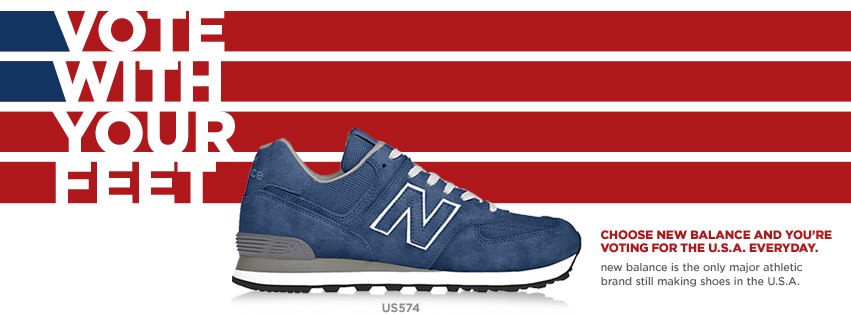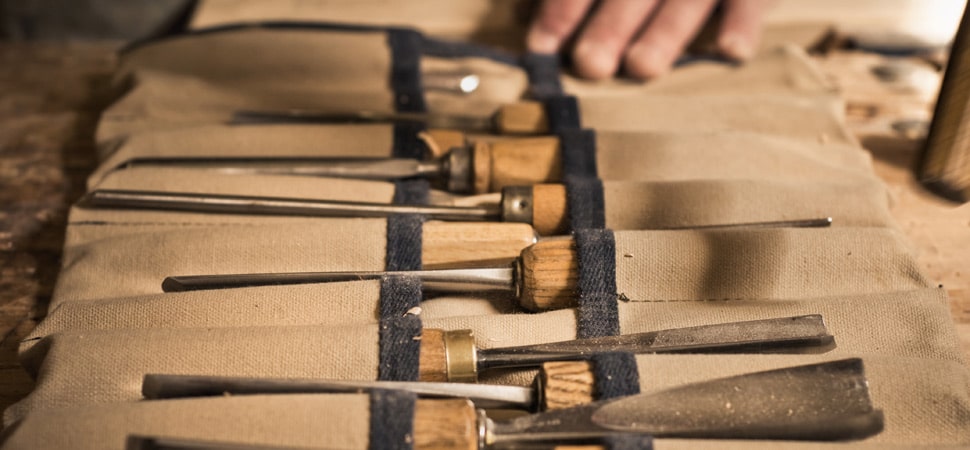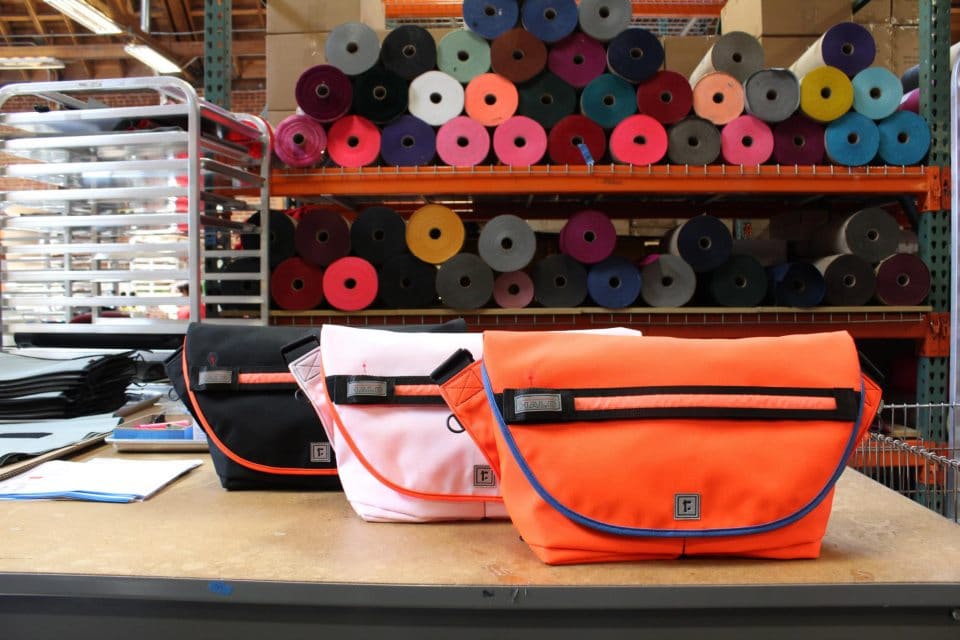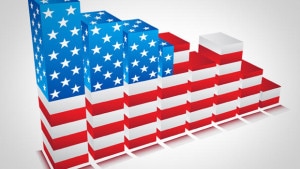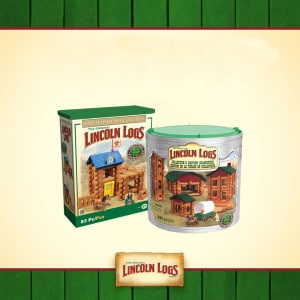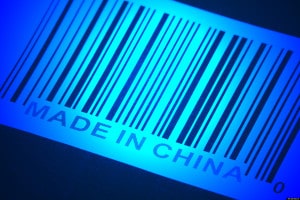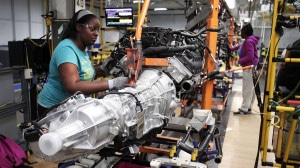The United States remains the largest medical device market in the world with a market size of around $110 billion, and it is expected to reach $133 billion by 2016. The U.S. market value represented about 38 percent of the global medical device market in 2012. U.S. exports of medical devices in key product categories identified by the Department of Commerce (DOC) exceeded $44 billion in 2012, a more than seven percent increase from the previous year. Read more
Tag Archive for: Manufacturing
A “Made in USA” label is becoming a more actively coveted item. But local footwear brand New Balance has long been crafting a number of their sneakers domestically. Read more
The Case for ‘Made in America’
I proudly add the “Made in USA” label to every product I manufacture in my San Francisco factory. Making bags in this country is fundamentally important to me and to my company–but maybe not for the reasons you think.
Here at Rickshaw Bagworks, making our own products celebrates our passion for making things, not a protest of outsourcing or offshoring. I’m not a protectionist, and I’m not a Made-in-America zealot. We live in the modern global economy–I get it. In fact, my original plan was to import partially made bags from China and do only the final assembly in our shop.
But, alas, I’m a stubborn maker at heart. We soon found ourselves designing products we could produce from scratch in our own factory and getting excellent customer feedback for our made-in-San-Francisco goods. So we encouraged letting our manufacturing story be our crucial point of differentiation: We don’t just design what we sell; we make what we sell.
That’s always been my true love. In high school, I took wood and metal shop classes and started my own stained glass business, crafting windows, lampshades, and terrariums for my parents’ friends. Then I headed off to college, got a degree in engineering, and started working in Silicon Valley. My crafting days were over–or so it seemed. Twenty years later, I entered the bag-making business and reconnected with my dormant passion for making things. As fate would have it, that happened at a time and in a place particularly challenging for makers–but also full of opportunity.
We live in an age when production is more often than not outsourced to anonymous contract manufacturers, predominantly in low-cost labor markets. There are good reasons for that and some horrific and well-publicized downsides. Though economies of scale and low-cost labor have yielded tremendous cost savings for consumers, it seems we may be approaching the limits of this business model, especially after factory disasters abroad have focused more attention on the poor working conditions and environmental impact of these practices. A small but growing group of “conscious consumers” care about the who, what, why, where, and how behind the products they buy. These customers want to connect with the companies they purchase goods from and share their enthusiasm with others like themselves.
So, does it really matter where it’s made? Yes, and no. I believe it’s less about precisely where we manufacture–though San Francisco has fabulous geographic cachet–than about making our own products in our own factory under our own brand name. It’s about connection and accountability–knowing and dealing directly with the maker and trusting the brand. Here at Rickshaw, we design and make what we sell. We own it. The buck starts and stops right here. Making what we sell is our primary differentiator. “Made in USA” is the where of our brand story.
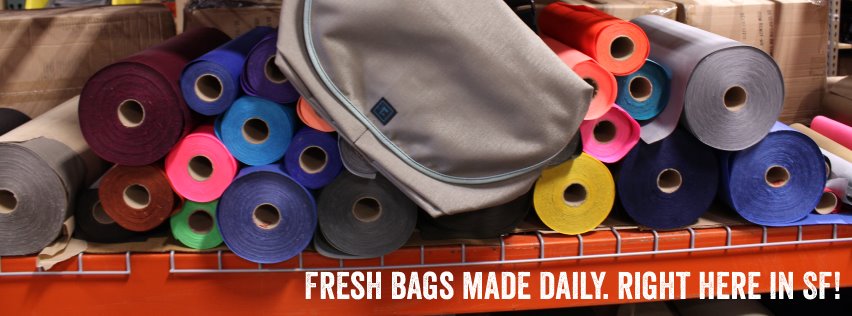
Photo Credit: Rickshaw Bagworks
As a conscious consumer, I’m concerned about the environmental and social justice issues of manufacturing in less-developed, poorly regulated countries. As a maker, I’m optimistic that there’s a promising future for small-scale, innovative specialty manufacturing in America. In my bags, those “Made in USA” labels are shorthand for “quality products, made with integrity by a company that’s accountable and that cares for its employees, customers, business partners, and community, and for our shared planet.”
This is not something that’s exclusively American. Nor is it universally American. But I like to think it’s fundamentally American.
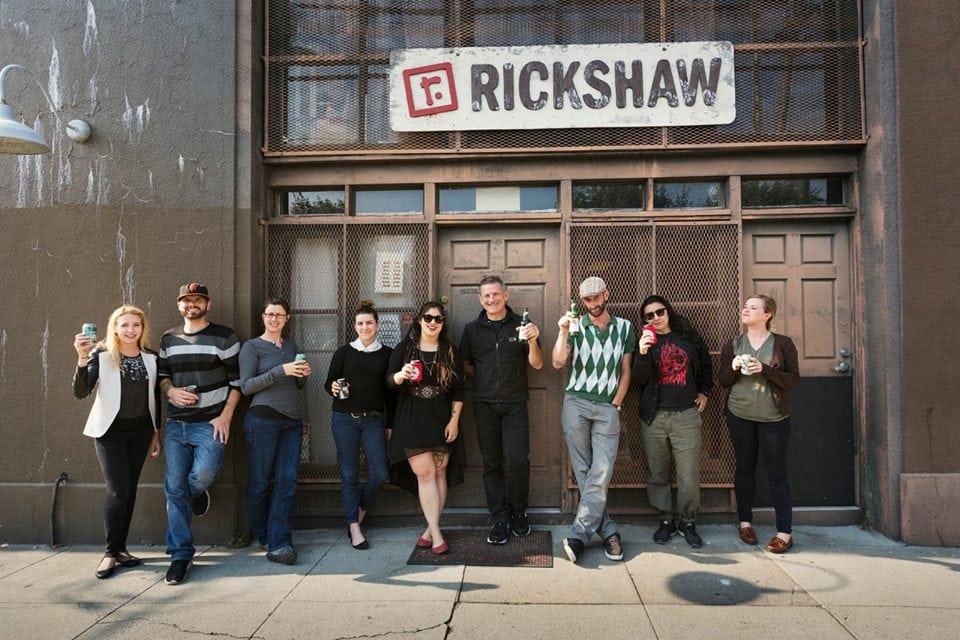
Photo Credit: Rickshaw Bagworks
FROM THE NOVEMBER 2014 ISSUE OF INC. MAGAZINE
 The Road Ahead
The Road Ahead
Repost from Conway Goods: a small company committed to American Manufacturing.
We just finished our first year of business. We filed several patents, achieved UL® approval, built a supply chain and launched production. We have almost 80 committed retail accounts and growing. Read more
Why the US Will Power the World Economy in 2015 – The United States is back, and ready to drive global growth in 2015. [p][/p]
Production of Lincoln Logs coming back to U.S.A. Manufacturing will once again be made in the U.S.A. (Photo courtesy of K’NEX Brands)
A Montgomery County manufacturer of plastic injection molds and K’NEX construction toys is bringing production of one of its classic toy brands back to the United States from China.
Lincoln Logs, a classic toy brand developed nearly 100 years ago, is part of the K’NEX family of brands. Beginning next year, Pride Manufacturing in Burnham, Maine, will manufacture the Lincoln Logs product line. The Maine company is a manufacturer of engineered wood products.
Related Article: Production of Lincoln Logs in USA Creating Jobs [p][/p]
K’NEX Brands, which licenses the Lincoln Logs brand from Hasbro, has designed Lincoln Logs since 1999, but decided to build upon its reshoring initiative that it introduced in 2009, said Michael Araten, president and CEO of K’NEX and its subsidiary, The Rodon Group in Hatfield. As part of this initiative, K’NEX delivered the production of Tinkertoy products back to the U.S. in 2012, where it is mass produced by The Rodon Group.
Since The Rodon Group does not make wood products, it needed to find a manufacturer in the U.S.
“We kept at it and finally found a manufacturer in Maine who will manufacturer the Lincoln Logs,” Araten said. “It’s really about substituting our U.S. supply chain for the China supply chain.”
Now, the entire supply chain for the production of Lincoln Logs will be U.S.-based, Araten said.
K’NEX will continue to design Lincoln Logs in Hatfield.
“We’ve started production of the logs now, so we can have product on the shelf in July,” Araten said.
Next year, K’NEX will launch 10 new sets that are made in the U.S.: Horseshoe Hill Station, Country Meadow Cottage, Oak Creek Lodge, 100th Anniversary Tin, Collector’s Edition Village, Wrangler’s Ranch, Wolf’s Lodge, Mountaintop Hideout, Grand Pine Lodge and Colts Creek Command Post.
Next on the company’s agenda is to potentially bring production of toy motors back to the U.S. “That’s our next big initiative,” Araten said.
He said there are many reasons manufacturing is returning to the U.S. from China.
Chinese labor rates are rising dramatically, the U.S. is experiencing an energy boom, manual labor is being replaced by automated systems in U.S. manufacturing facilities and the flexibility and skills of the American workforce are strong, according to Araten.

Growing U.S. trade deficit and outsourcing with China cost 3.2 million jobs between 2001 and 2013, with job losses in every state. Read more
Yet strength of ISM index might be overstated, some say
Manufacturers in the U.S. barely slowed down in November even as major competitors around the world continued to scale back production. Read more
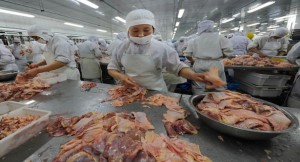
Yet again another food scandal is among us as the U.S. Department of Agriculture recently agreed to allow four chicken processing plants in China to raise and slaughter their chickens in the U.S., export them to China for processing, and them ship them back to the U.S. These chickens will then be sold on every grocery store shelf in the United States with no country of origin labeling. What’s worse is that U.S. inspectors will not be on site at the processing plants in China before the processed chicken will be shipped to the U.S. Again, chicken from China labeled “Made In America”?
Read moreINQUIRIES
Media: PR Department
Partnership: Marketing
Information: Customer Service


